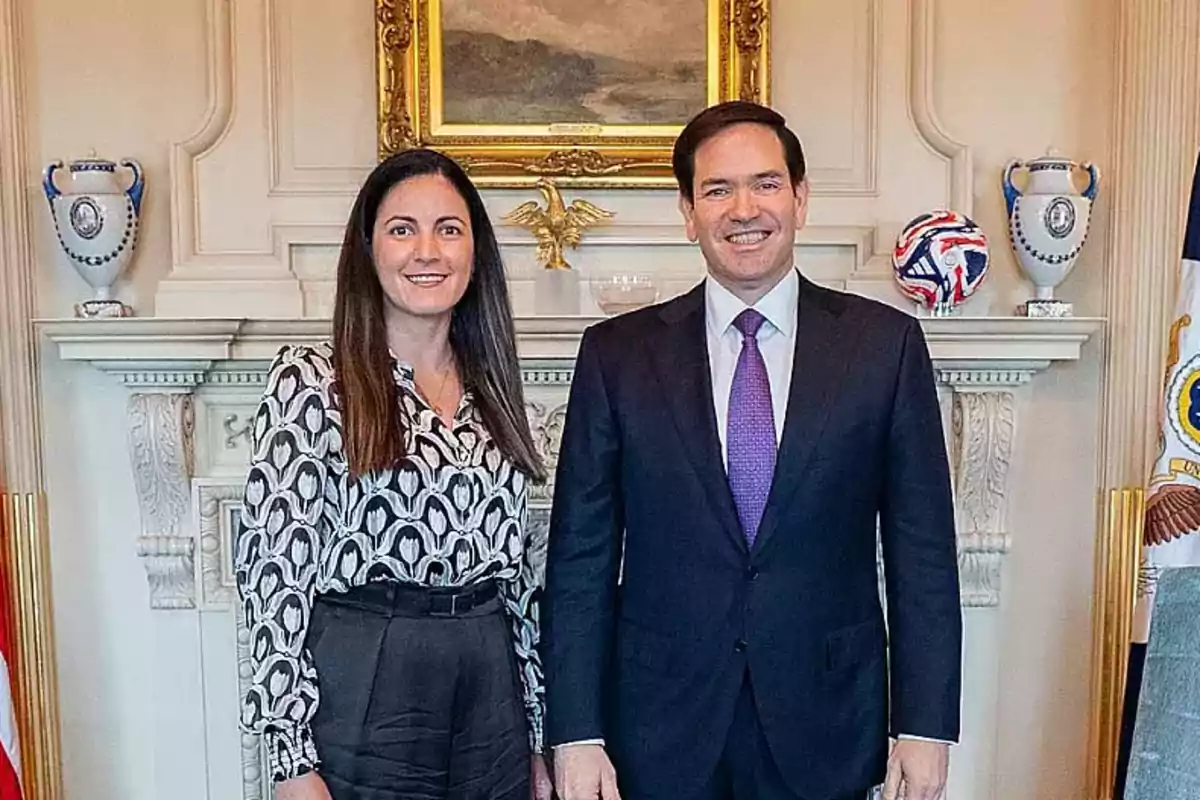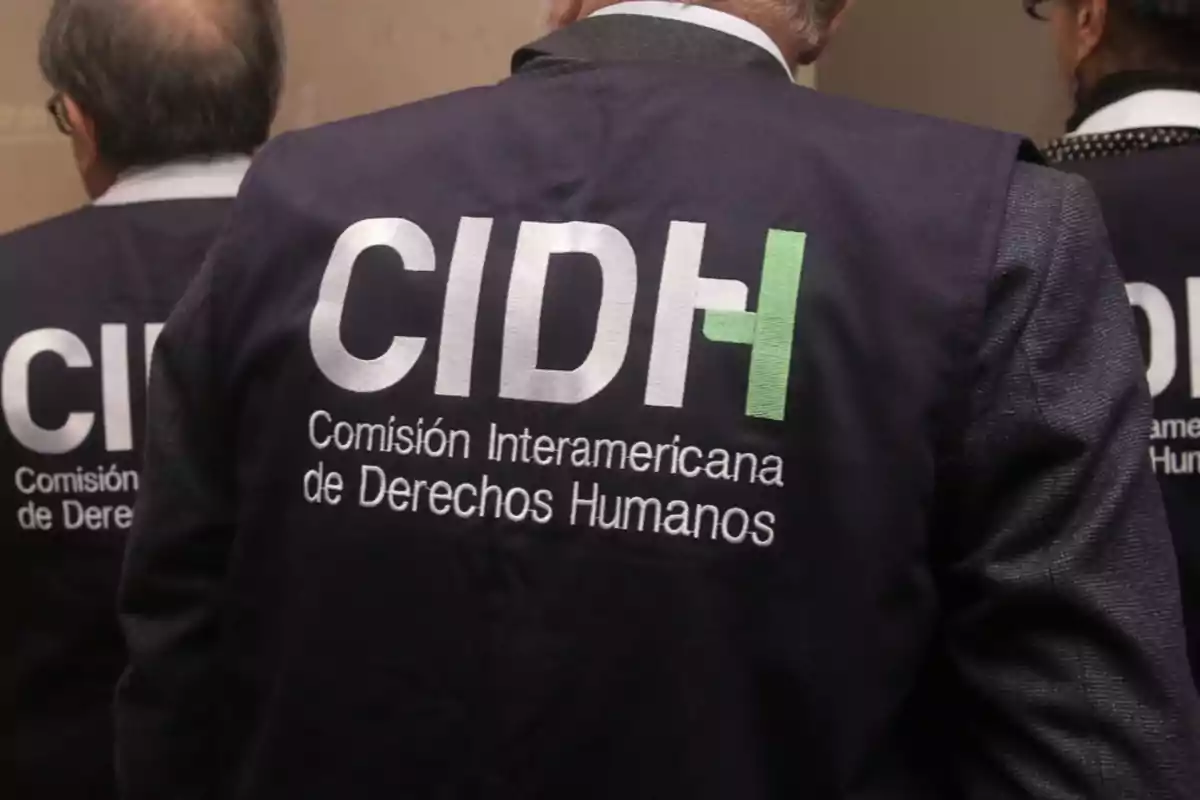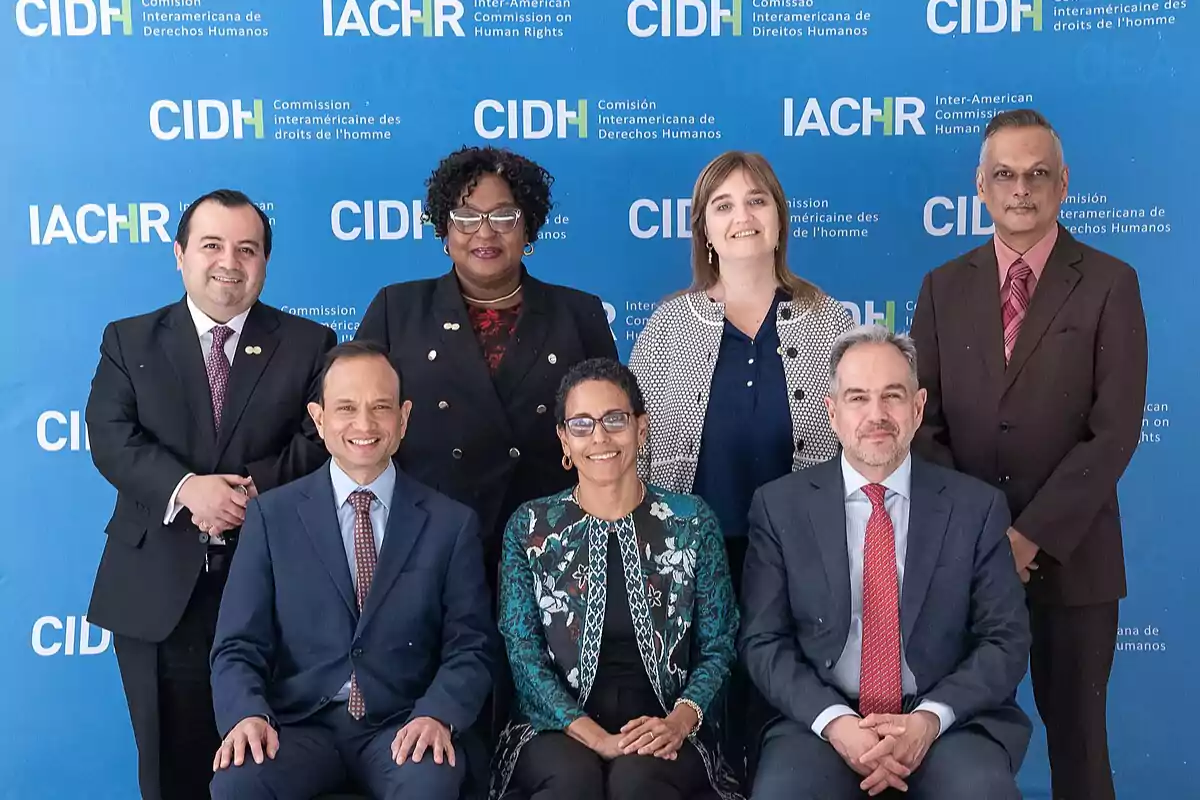
Who are the candidates for the IACHR supported by Javier Milei and Donald Trump?
They are profiles committed to the defense of human rights, removed from the ideological politicization of the left
The Inter-American Commission on Human Rights (IACHR) is entering a new stage of renewal, in a regional political context marked by the rise of governments that reject left-wing control in international organizations. These IACHR candidates are chosen by the General Assembly of the Organization of American States (OAS).
In this scenario, there are candidates committed to the genuine defense of human rights, distanced from the left-wing ideological politicization that has characterized international organizations in recent years, and the support for governments such as Donald Trump in the United States or Javier Milei in Argentina.
Meanwhile, the left has also put forward its candidates in an attempt to control the IACHR, with the sole objective of using it as a diplomatic shield for crimes committed by socialist dictatorships in the region.

Right-wing candidates for the IACHR
First, there is Marion Bethel, nominated by the Bahamas. She is a lawyer with a solid international academic background, having graduated from the prestigious University of Cambridge.
Her career combines experience in the public, private, and academic sectors, especially in areas related to international law, combating drug trafficking, and money laundering. She was also a prominent member and vice president of the UN Committee on the Elimination of Discrimination against Women (CEDAW).
Meanwhile, there is Rosa María Payá, nominated by the United States, who is a Cuban activist and defender of democracy and has confronted the communist regime in Havana with determination.
Educated at the University of Havana, she founded the Cuba Decide initiative to promote free elections in her home country. Today, she leads the Foundation for Pan-American Democracy, from where she actively promotes respect for essential rights throughout Latin America. She has delivered speeches at key international forums, including the United States Senate, the European Parliament, and the UN Human Rights Council.
Finally, there is Carlos Bernal Pulido, who was nominated by Peru. He is a renowned Colombian academic and jurist, and he has an outstanding career in constitutional law and legal philosophy.

He graduated from the Externado University of Colombia and held a seat on the Constitutional Court, where he stood out for his independent judgment and his defense of republican principles. He currently serves as an IACHR Commissioner and university professor in both Colombia and the United States.
With these accomplished professionals, committed to freedom and distanced from the left-wing ideological constraints that have destroyed the organization's credibility in the past decade, the IACHR has a unique opportunity.
Left-wing candidates
Meanwhile, there are profiles aligned with and representing the far-left governments in the region. Among them are:
José Luis Caballero Ochoa: He is the current president of the IACHR and is nominated by the government of the communist Mexican president Claudia Sheinbaum.
María Clara Galvis Patiño: She has a background in the UN Committee on Enforced Disappearances and strong ties to the left. She was nominated by the government of the Colombian communist, Gustavo Petro.
Reina Rivera Joya: Nominated by the government of Honduras, headed by the communist Xiomara Castro, Rivera Joya represents the interests of the Latin American left.
These candidates, backed by governments that tolerate or even justify the abuses of left-wing authoritarian regimes, seek to preserve the ideological status quo within the Commission.
The communist dictatorships of Venezuela, Nicaragua, and Cuba have for years enjoyed the passivity or silence of institutions that, far from defending the victims, have been complicit either by omission or political affinity.
More posts: